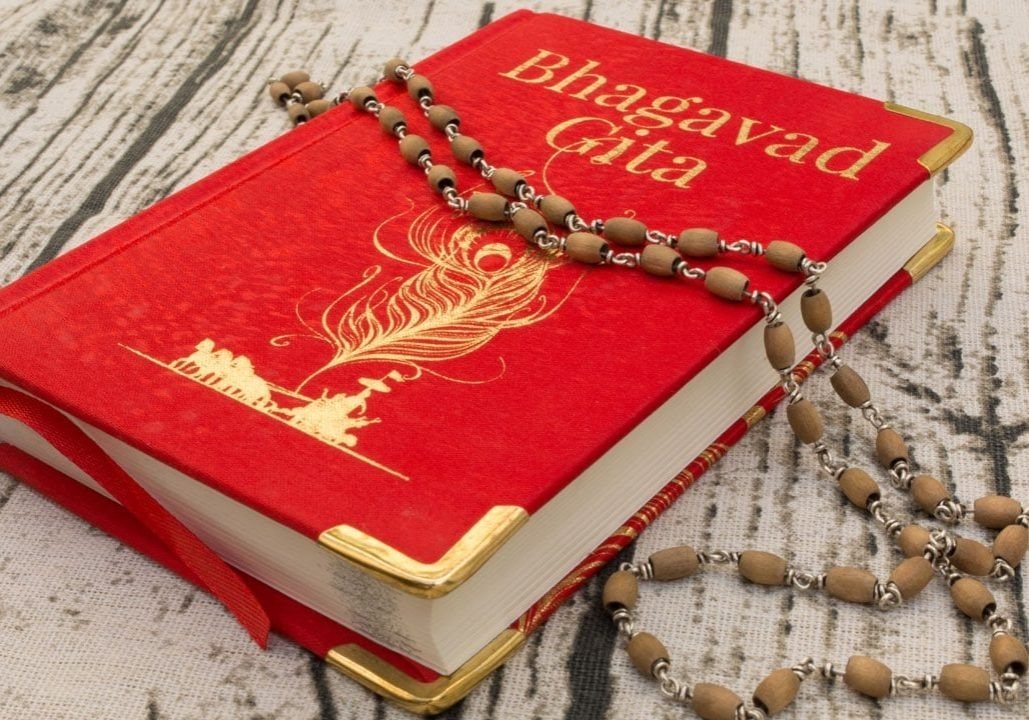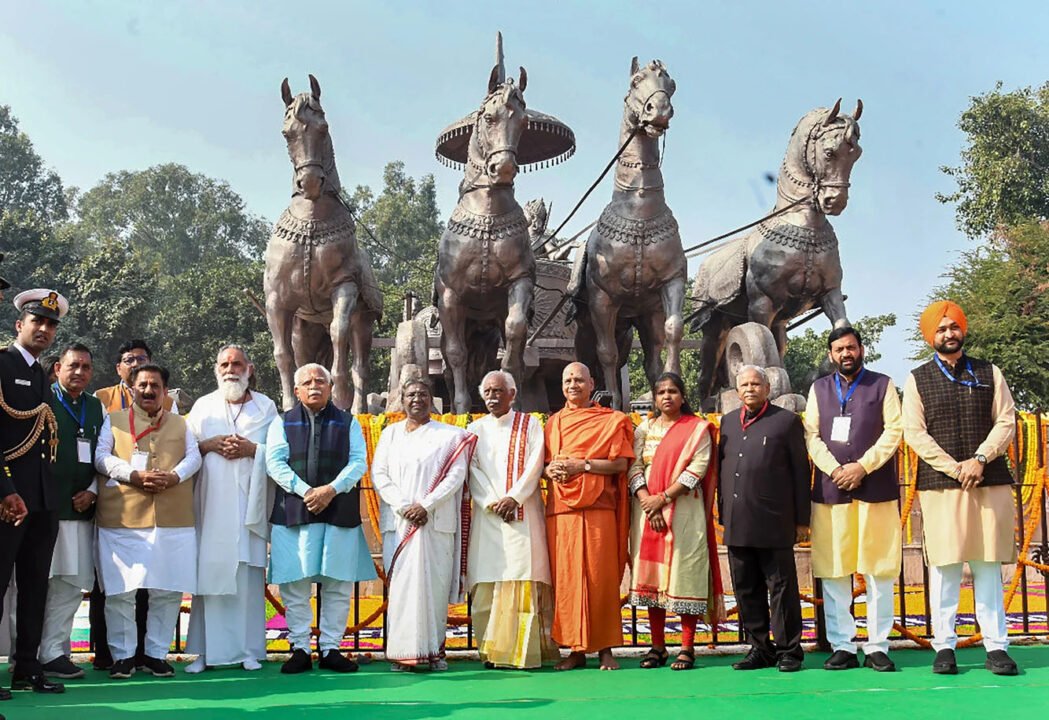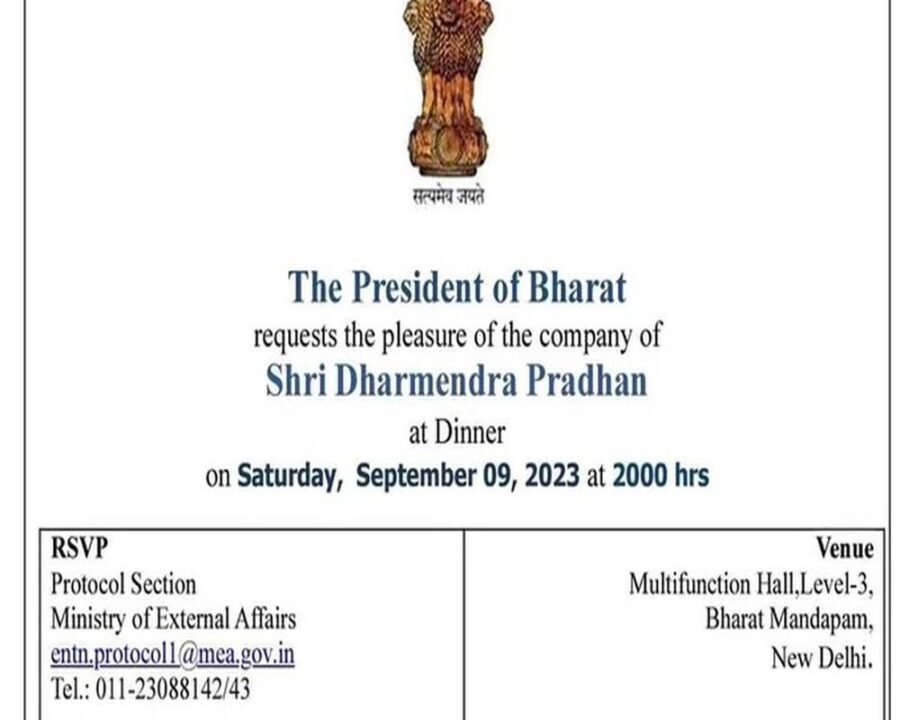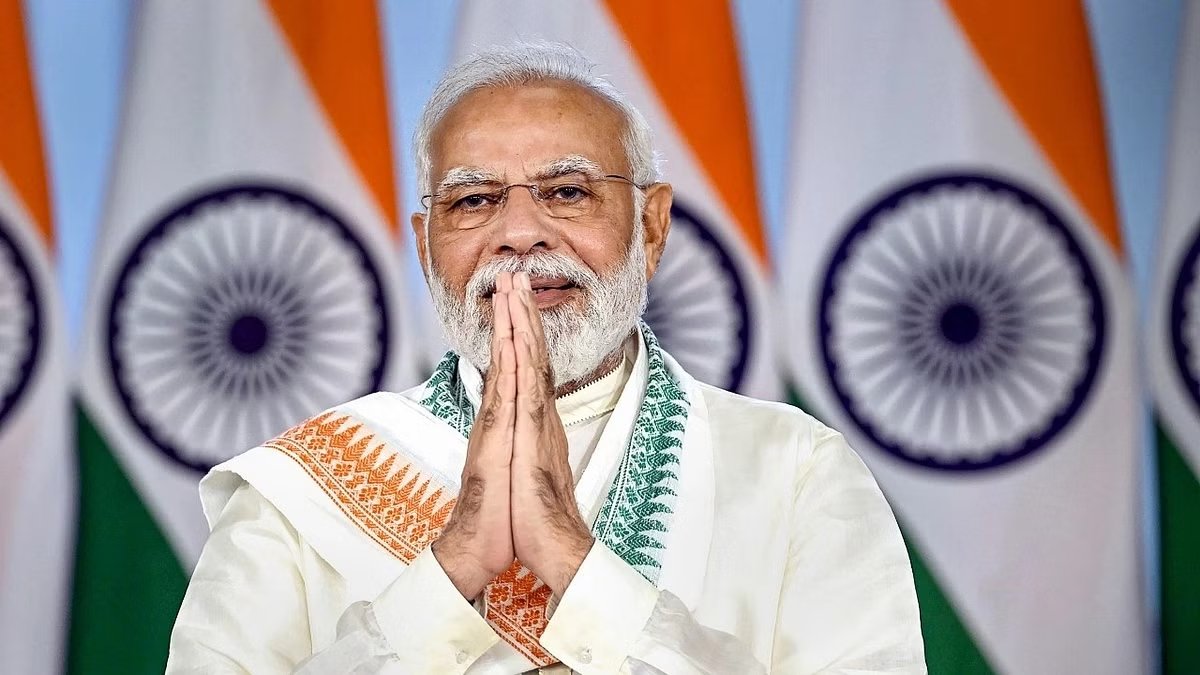HT Digital
GUWAHATI, APR 18: In a moment of great pride for India, the Shrimad Bhagavad Gita and Bharat Muni’s Natyashastra have been officially inscribed in UNESCO’s prestigious Memory of the World Register, an initiative dedicated to preserving documents of exceptional historical and cultural significance.
Prime Minister Narendra Modi celebrated this achievement, tweeting, “A proud moment for every Indian across the world! The inclusion of the Gita and Natyashastra in UNESCO’s Memory of the World Register is a global recognition of our timeless wisdom and rich culture. The Gita and Natyashastra have nurtured civilisation, and consciousness for centuries. Their insights continue to inspire the world.”
UNESCO’s Memory of the World Register honors key historical documents, manuscripts, and texts that have significantly influenced societies. The Bhagavad Gita, a profound spiritual dialogue between Lord Krishna and Arjuna, has served as a philosophical cornerstone for generations. Natyashastra, authored by ancient sage Bharat Muni, remains the most influential text on performing arts, including drama, dance, and music.
The Bhagavad Gita, comprising 700 verses in 18 chapters, is a pivotal part of the Mahabharata’s Bhīṣmaparva. It presents an in-depth dialogue on the battlefield of Kurukshetra, incorporating Vedic, Buddhist, Jain, and Cārvāka philosophical perspectives. Its global reach is evidenced by its widespread study, translation, and admiration for its philosophical depth.
Natyashastra, codified between the 2nd century BCE and preserved at the Bhandarkar Oriental Research Institute, is considered the essence of Nāṭyaveda. It sets forth comprehensive guidelines for drama (nāṭya), performance (abhinaya), music (saṅgīta), aesthetics (rasa), and emotions (bhāva). Its profound assertion — “no meaning can blossom forth without rasa” — continues to shape world literature and performing arts to this day.












